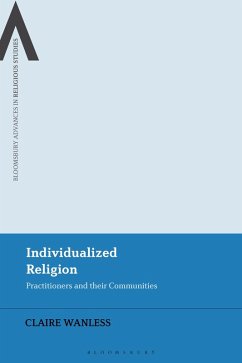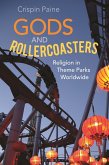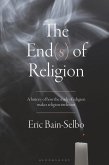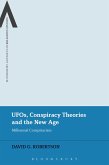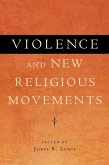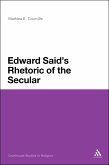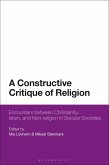Drawing on ethnographic research, this book explores individualized religion in and around Hebden Bridge in West Yorkshire. Claire Wanless demonstrates that counter to the claims of secularization theorists, the combination of informal structures and practices can provide a viable basis for socially significant religious activity that can sustain itself.
The subjects of this research claim a variety of religious identities and practices, and are suspicious of religious institutions, hierarchies, rules and dogmas. Yet they participate actively in an overlapping and cross-linking informal network of practice communities and other associations. Their engagements propagate and sustain a core ideology that prioritizes subjectivity, locates authority at the level of the individual, and also predicates itself on ideals of sharing, mutuality and community.
Providing a new theory of religious association, this book is a nuanced counterpoint to the secularization thesis in the UK and points the way to new research on individual religion.
The subjects of this research claim a variety of religious identities and practices, and are suspicious of religious institutions, hierarchies, rules and dogmas. Yet they participate actively in an overlapping and cross-linking informal network of practice communities and other associations. Their engagements propagate and sustain a core ideology that prioritizes subjectivity, locates authority at the level of the individual, and also predicates itself on ideals of sharing, mutuality and community.
Providing a new theory of religious association, this book is a nuanced counterpoint to the secularization thesis in the UK and points the way to new research on individual religion.

